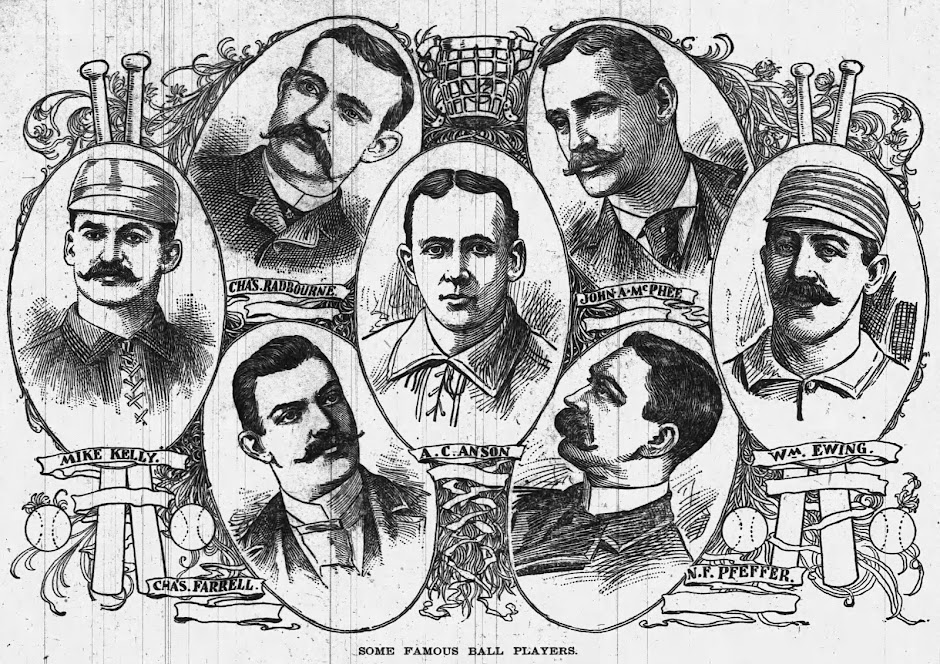While there is debate about the order in which the Henry VI plays were written and/or whether Shakespeare was the sole author, no one questions that the plays were among his earlier works. It is interesting, therefore, that one critic suggested that Part II anticipates King Lear, regarded by many as Shakespeare's greatest play. The suggested similarity is that a bad decision in the first scene goes on to wreak havoc throughout the rest of the play. In the case of the second tetratology it could be argued that the bad decision wreaks havoc through two more plays.
The bad decision in Act I, Scene 1 of this play is not so much a decision as an acceptance of another person's decision without even questioning it. The opening of the play marks the Earl of Suffolk's return from France where he has negotiated the marriage between Margaret of Anjou and Henry VI. After the obligatory ceremonial welcome, the terms of the marriage contract are read. Not only does Margaret come without any dowry, the price of the marriage is that England will turn over the territories of Anjou and Maine to her father, a poor member of the French nobility. Henry blithely says the terms "please us well" and heads off the stage with Margaret and Suffolk after making Suffolk a Duke.
Left on the stage are Humphrey, Duke of Gloucester, Richard Duke of York, the Dukes of Buckingham and Somerset, the Earls of Salisbury and Warwick (father and son) and Cardinal Beaufort. Humphrey who is the youngest brother of Henry V, a veteran of Agincourt is appalled by the terms which he believes mean that France is lost. Cardinal Beaufort (an unholy churchman if there ever was one), uncle to Gloucester and great-uncle to Henry VI is more interested in his ongoing feud with Gloucester. Rather than see that quarrel renewed Humphrey also leaves the stage.
The rest of the nobles then also gradually depart, leaving Richard, Duke of York alone. Shakespeare uses each departure to lay out each character's agenda. Beaufort is off to see to Suffolk to work on Gloucester's downfall, Buckingham and Somerset don't like Gloucester, but are also wary of Beaufort. Salisbury and Warwick who share Gloucester's dismay about the loss of Maine and Anjou leave like Gloucester concerned about the welfare of the realm. York's presence alone on the stage allows him the opportunity to tell the audience that while he also dislikes the loss of French territory, it is out of personal not patriotic motives. Unlike the other malcontents who are scheming against either Gloucester of Beaufort, York's target is the King himself, to "make him yield the crown."
Let's consider what an Elizabethean audience would know about the main characters if it had only this scene to go by, that is, they have not seen Part I because it hasn't yet been written. For some like York and Beaufort we know just as much, York's ambition for the crown and Beaufort's quarrel with Gloucester are just as clear from one scene of Part II compared to all of Part I. There is also not a lot of difference in most of the other characters. There is, however a significance difference in what is known about Suffolk and Margaret. In this scene they have few lines and what they say is fairly neutral, with just this the scene the Elizabethan audience has no knowledge of the love affair between the two or Suffolk's desire to rule Henry through her.
Like Suffolk and Margaret, Henry himself plays a very small part in this scene. The most that the audience could take away from what he says and does is that he has accepted a decision that has not gone down well with many of his leading nobles and his closest advisor - Gloucester, the Lord Protector. I will have more to say about Henry in my next post (an in a number of other posts), but in addition to introducing the characters and most of their agendas, the opening scene clearly paints a very unhealthy picture of national leadership, one that would be difficult for anyone to solve.


No comments:
Post a Comment